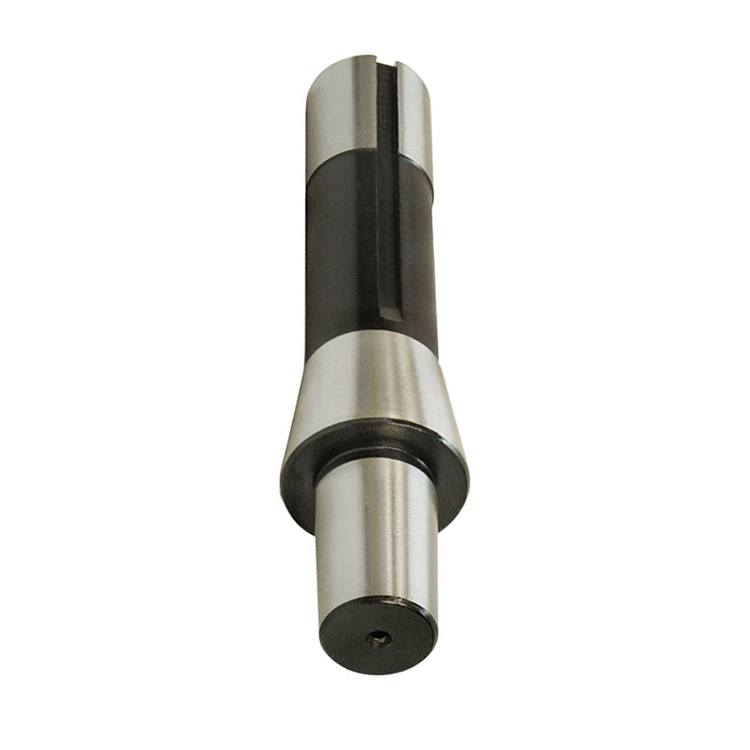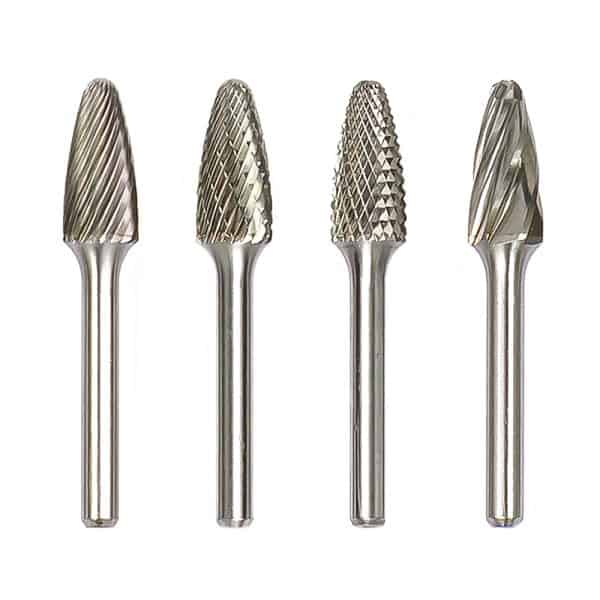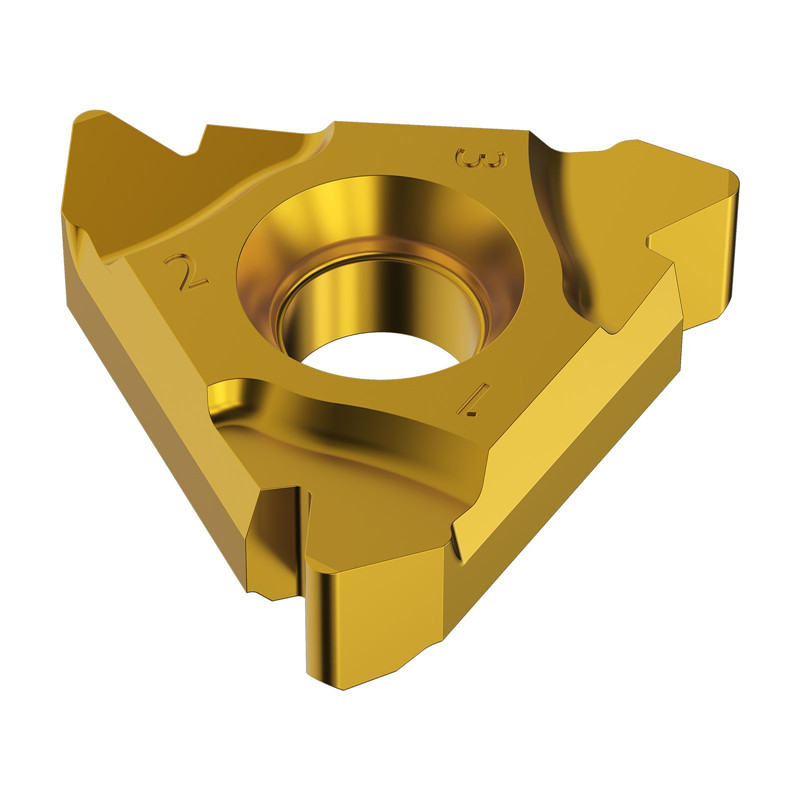Indexable Threading Tool Holder Manufacturer
An indexable threading tool holder is a crucial component for precision threading operations, offering versatility and efficiency. It allows for quick and easy insert changes, reducing downtime and improving overall productivity. This guide delves into the various types, advantages, and applications of indexable threading tool holders, helping you choose the best option for your specific needs.
Understanding Indexable Threading Tool Holders
Indexable threading tool holders are designed to securely hold threading inserts, which are the cutting edges that create threads on a workpiece. The 'indexable' aspect refers to the ability to rotate or 'index' the insert to a new, sharp cutting edge without removing the holder from the machine. This significantly reduces tool changeover time and maximizes machine utilization.
Key Features of Indexable Threading Tool Holders
- Insert Clamping Mechanism: The mechanism must securely hold the insert to prevent movement during threading. Common clamping methods include screw-on, lever-lock, and wedge-lock.
- Shank Size and Shape: The shank of the tool holder determines its compatibility with different machine tools. Common shank shapes include square, rectangular, and cylindrical.
- Coolant Delivery: Many indexable threading tool holders incorporate internal coolant channels to deliver coolant directly to the cutting edge, improving tool life and chip evacuation.
- Insert Compatibility: Tool holders are designed to accommodate specific types and sizes of threading inserts. Ensuring compatibility is crucial for optimal performance.
Types of Indexable Threading Tool Holders
There are several types of indexable threading tool holders, each with its own advantages and disadvantages. Choosing the right type depends on the specific threading application and machine setup.
External Threading Tool Holders
External threading tool holders are designed for cutting threads on the outside diameter of a workpiece. They are available in a wide range of sizes and configurations to accommodate different threading applications. Wayleading Tools offers a variety of external threading tool holders known for their precision and durability. You can explore our catalog at www.wayleading.com
Internal Threading Tool Holders
Internal threading tool holders are used for cutting threads inside a hole or bore. They typically have a longer, more slender design to reach into the bore. Achieving good thread quality using internal threading tool holders requires a high degree of precision. Wayleading Tools manufactures many different sizes of internal threading tool holders for different threading needs.
Threading Bars
Threading bars are specialized indexable threading tool holders designed for deep threading applications. They feature a long, slender shank and a rigid design to minimize vibration and deflection. They can either be internal threading bars for internal threading, or external threading bars for external threading.
Advantages of Using Indexable Threading Tool Holders
Using indexable threading tool holders offers several significant advantages over traditional solid threading tools:
- Reduced Downtime: Indexing the insert to a new cutting edge is much faster than replacing the entire tool, reducing machine downtime.
- Improved Tool Life: Using multiple cutting edges on a single insert extends the overall tool life and reduces tooling costs.
- Increased Productivity: Faster tool changes and improved tool life translate to increased productivity and reduced cycle times.
- Versatility: Indexable threading tool holders can accommodate a wide range of threading inserts, allowing them to be used for different threading applications.
- Cost-Effectiveness: Although the initial investment may be higher, the long-term cost savings from reduced downtime and improved tool life make indexable threading tool holders a cost-effective choice.
Selecting the Right Indexable Threading Tool Holder
Choosing the right indexable threading tool holder is crucial for achieving optimal threading performance. Consider the following factors when making your selection:
Machine Compatibility
Ensure that the shank size and shape of the tool holder are compatible with your machine tool. Consult your machine tool manual for specific requirements.
Threading Application
Determine whether you need an external or internal threading tool holder based on the type of threading operation you will be performing. Also, factor in thread pitch and depth.
Insert Compatibility
Choose a tool holder that is compatible with the threading inserts you plan to use. Ensure that the tool holder can accommodate the insert's shape, size, and grade.
Coolant Delivery
Consider a tool holder with internal coolant channels if you are working with materials that are prone to heat buildup or if you require efficient chip evacuation. Coolant systems help with keeping the tool's edge sharp and clean.
Rigidity
For deep threading applications, choose a threading bar with a rigid design to minimize vibration and deflection. This is especially important when working with long overhangs.
Troubleshooting Common Issues with Indexable Threading Tool Holders
Even with the best indexable threading tool holder, issues can arise. Here are some common problems and how to address them:
Vibration
Vibration can lead to poor thread quality and reduced tool life. Possible causes include:
- Insecure tool holder mounting
- Excessive machine spindle speed
- Insufficient workpiece clamping
- Worn or loose machine components
Solutions include tightening the tool holder, reducing spindle speed, ensuring proper workpiece clamping, and inspecting machine components for wear.
Chip Evacuation Problems
Poor chip evacuation can lead to clogged threads and damaged inserts. This is often caused by:
- Insufficient coolant flow
- Incorrect cutting parameters
- Inappropriate insert geometry
Solutions include increasing coolant flow, adjusting cutting parameters, and selecting an insert with appropriate chip-breaking features.
Premature Insert Wear
Premature insert wear can be caused by:
- Excessive cutting speed
- Insufficient coolant
- Abrasive workpiece material
Solutions include reducing cutting speed, increasing coolant flow, and selecting a more wear-resistant insert grade.
Indexable Threading Insert Grades and Coatings
The grade and coating of a threading insert play a critical role in its performance. Different materials require different insert grades and coatings. Wayleading Tools also offers a wide variety of threading inserts for different machining needs. Please check our website, www.wayleading.com, for more information.
| Insert Grade | Coating | Applications |
|---|---|---|
| Carbide | PVD (Physical Vapor Deposition) | General-purpose threading, steel, stainless steel |
| Cermet | Uncoated or TiN (Titanium Nitride) | High-speed threading, steel, cast iron |
| High-Speed Steel (HSS) | Uncoated | Low-volume threading, softer materials |
Conclusion
Choosing the right indexable threading tool holder and threading insert is essential for achieving accurate, efficient, and cost-effective threading operations. By understanding the different types of tool holders, insert grades, and coatings, you can optimize your threading process and maximize productivity. Contact Wayleading Tools today for more information on our range of high-quality indexable threading tool holders and inserts.
Related products
Related products
Best selling products
Best selling products-
 HSS Metric & Inch Woodruff Keyseat Cutter With Straight Or staggered Teeth
HSS Metric & Inch Woodruff Keyseat Cutter With Straight Or staggered Teeth -
 5C Round Collet With Inch and Metric Size
5C Round Collet With Inch and Metric Size -
 Round Die Wrench For Thread Cutting Tools
Round Die Wrench For Thread Cutting Tools -
 Digital Indicator – Precision Type, Inch/Metric, Industrial Grade
Digital Indicator – Precision Type, Inch/Metric, Industrial Grade -
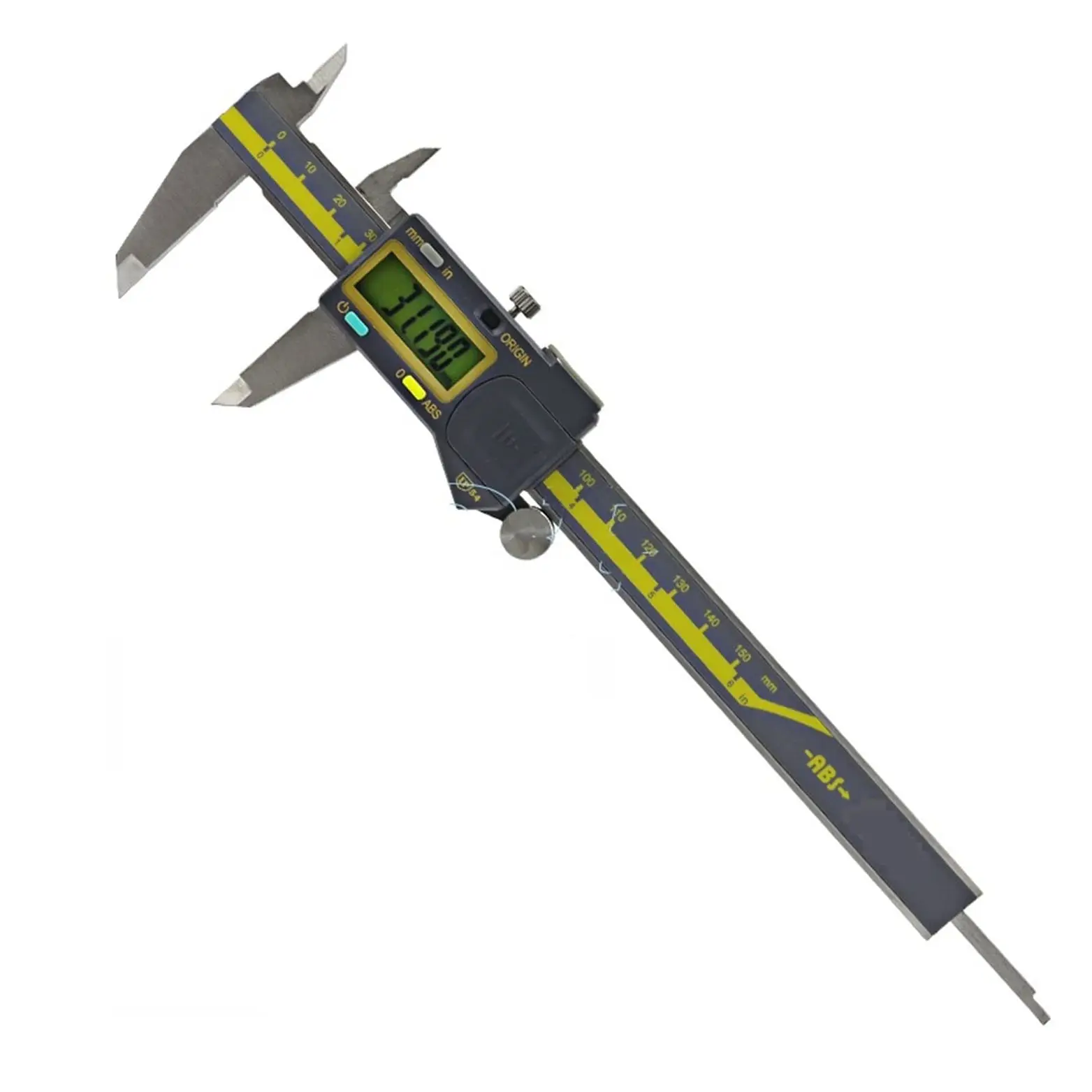 Precision IP54 Digital Caliper With Data Output For Industrial
Precision IP54 Digital Caliper With Data Output For Industrial -
 Precision Monoblock Vernier Caliper – Metric & Inch, Industrial Use
Precision Monoblock Vernier Caliper – Metric & Inch, Industrial Use -
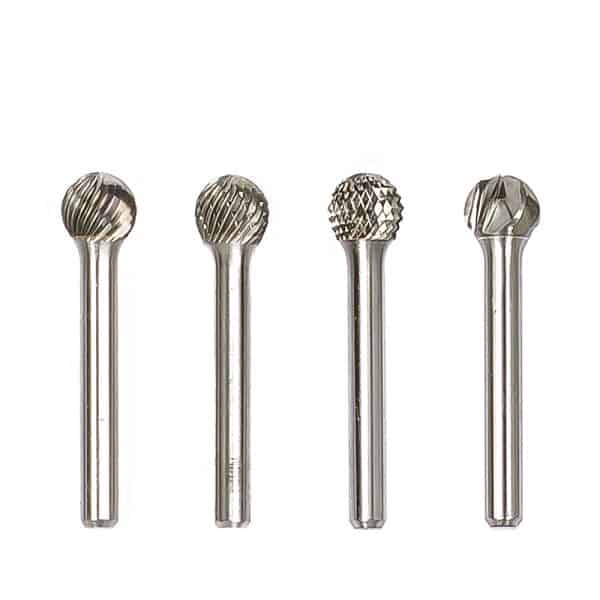 Type D Ball Tungsten Carbide Rotary Burr
Type D Ball Tungsten Carbide Rotary Burr -
 5C Square Collet With Inch and Metric Size
5C Square Collet With Inch and Metric Size -
 HSS Inch Convex Milling Cutter For Industrial
HSS Inch Convex Milling Cutter For Industrial -
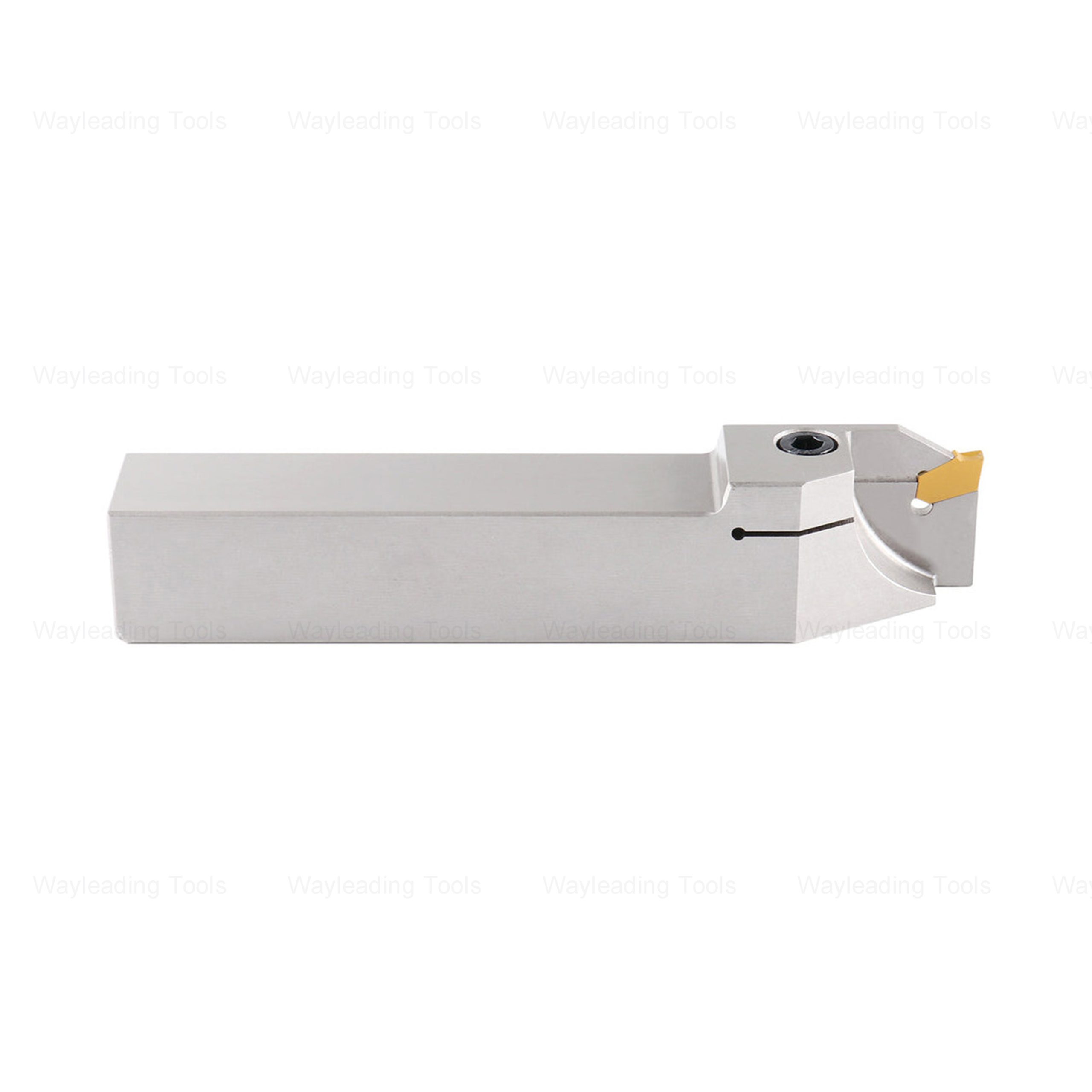 QA Grooving & Cut-Off Tool Holder – Right- and Left-Hand Types
QA Grooving & Cut-Off Tool Holder – Right- and Left-Hand Types -
 Electronic Digital Height Gauge From 300 to 2000mm
Electronic Digital Height Gauge From 300 to 2000mm -
 HSS Keyway Broach With Metric And Inch Size, Push Type
HSS Keyway Broach With Metric And Inch Size, Push Type
Related search
Related search- High-Quality thread ring gauge
- ring gauge Manufacturers
- Threading Insert Factory
- Wholesale hex collet block
- single angle milling cutter Manufacturers
- lathe parting tool Suppliers
- A55 threading insert Manufacturer
- iso threading insert Supplier
- valve seat reamer set Manufacturers
- High-Quality SDNC turning tool holder

